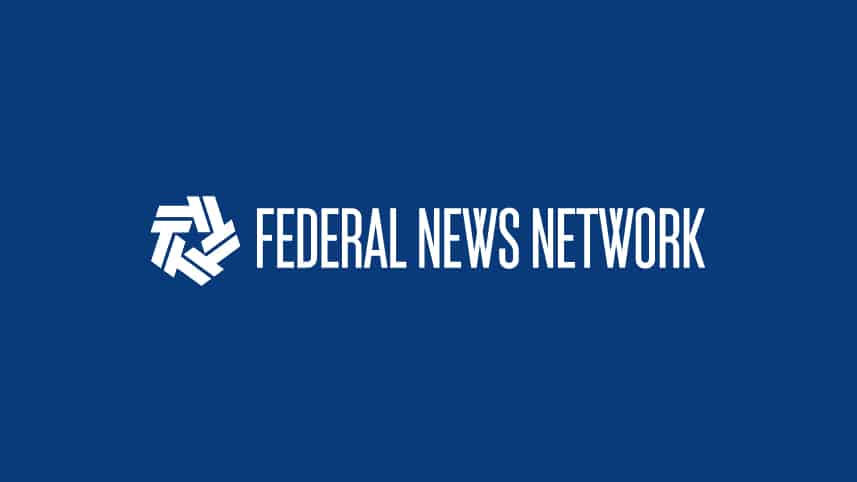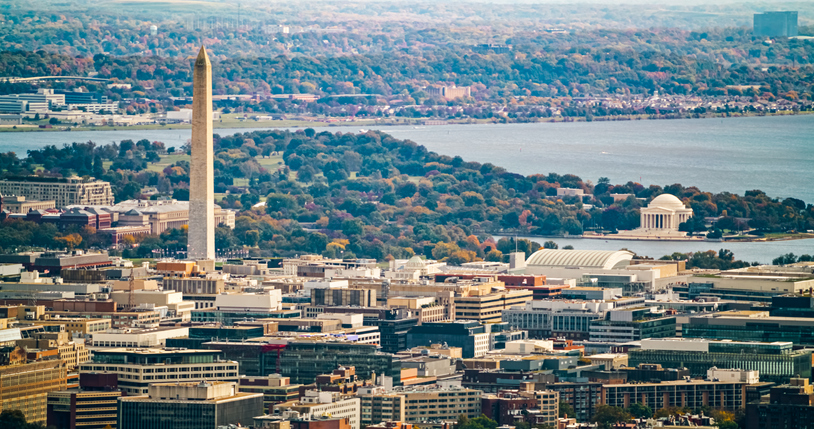Stopping whistleblowers and squelching free speech is the real crime
By Mike Sarzo
Opinion
Congress shall make no law … abridging the freedom of speech, or of the press; or the right of the people peaceably to assemble, and to petition the Government for a redress of grievances. — US Constitution, First Amendment
Until Wednesday, the University of Virginia had been considering a proposed “statement of expectations” for members of its Board of Visitors that would have been an insult to the spirit of the First Amendment to the United States Constitution, which is intended to guarantee the rights of journalists to report the news fairly and accurately without fear of reprisal from the government for doing their jobs.
After a fierce outcry by Virginia lawmakers, the university scuttled the proposal and replaced it with one asking any board member to clarify that he or she was not speaking on behalf of the board or the university if discussing a board matter in public.
For a university that recently faced an outright rebellion over the ouster of university president Teresa A. Sullivan that forced the board to reinstate her, the proposal is yet another case of tone deafness on the part of a Virginia institution of higher learning in recent weeks.
Even though the First Amendment wasn’t the first of the originally proposed 12 amendments that were to make up the Bill of Rights, the fact that it was the first amendment that was ratified should signify its preeminent position of importance as a statement of the rights of the press.
Just as importantly, if not more so, the First Amendment also protects the right of the people to speak their mind without being arrested by the government for doing so. It doesn’t provide unlimited protection. For example, the Supreme Court has held that a person can’t yell “fire!” in a crowded movie theater unless there was a fire in the building.
A&E’s decision to suspend “Duck Dynasty” patriarch Phil Robertson for his inflammatory remarks against the lesbian, gay, bisexual, transgendered community was not a First Amendment issue. The government didn’t send troopers to Robertson’s front door and drag him off to jail for speaking his mind. An employer has every right to terminate or suspend an employee who makes disparaging comments that go against its values.
If I were to make public comments disparaging minorities or my boss and my company got wind of it, they would have every right to fire me. The government wouldn’t have the right to arrest me for the comments, but if consequences meant I was living on the street because I’d lost my job, that’s legitimate.
One problem with the recent debate about free speech has been reactions to and actions by governments with whistleblowers. Even with the Whistleblower Protection Act of 1989 providing protection to people who report federal agency misconduct and the Whistleblower Protection Enhancement Act of 2012, it’s not enough protection considering the lengths former National Security Agency contractor Edward Snowden is going through to seek asylum from the United States.
There are those who say what Snowden did is tantamount to treason, a charge The Washington Post disagreed with in June of last year. Former Army Pfc. Chelsea Manning was found guilty of espionage, but she was also found not guilty of treason for her role in leaking documents in a verdict that still provided a chilling effect to people who look to expose government violations of civil rights under the guise of prosecuting the war on terror.
When commenting on President Barack Obama’s signing the Whistleblower Protection Enhancement Act in 2012, Stephen Kohn, the executive director of the National Whistleblowers Center, called the legislation “a small but meaningful step.”
In a statement released in November 2012, Kohn said, “The bill contains important reforms, but federal employees still lack most of the basic rights available to whistleblowers in the private sector.”
For the freedom of speech to truly mean anything, stronger protections for people who call out government for its misdeeds in safeguarding our nation must be put in place and stridently enforced. Otherwise, words that the Founding Fathers argued so forcefully to include will be left a hollow shell of themselves.
Latest News & Insights
February 12, 2025



